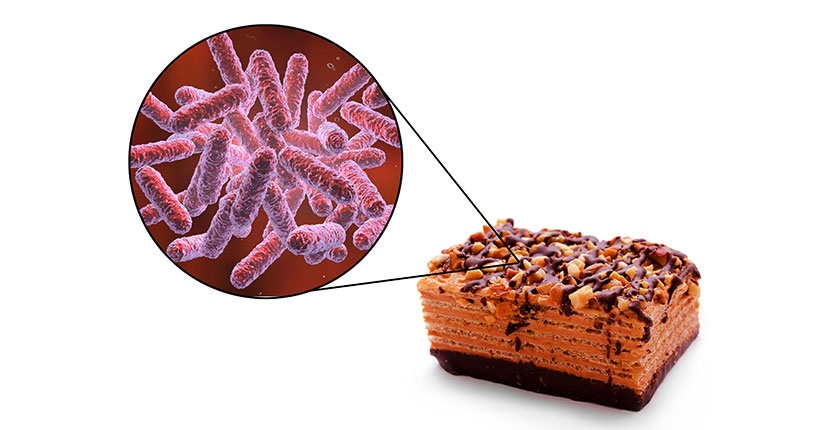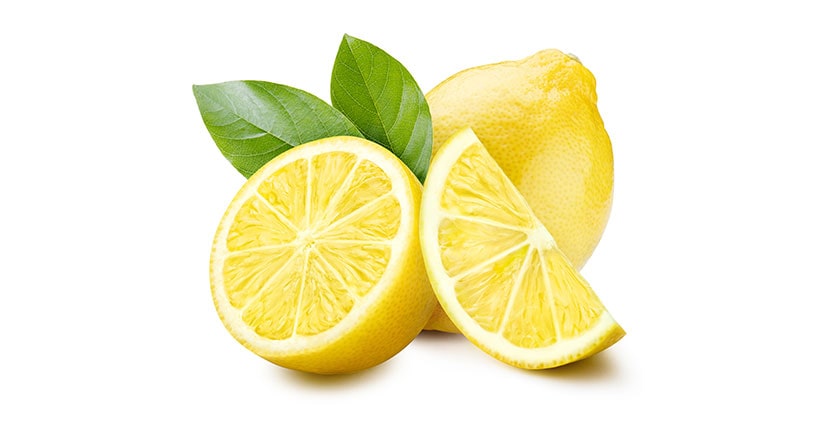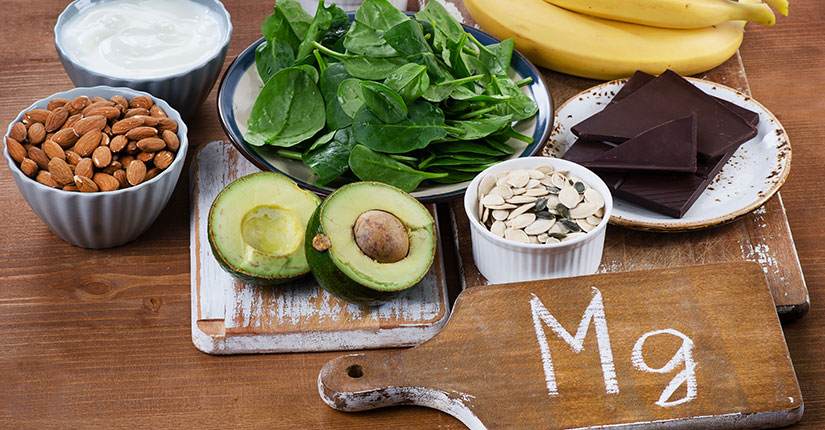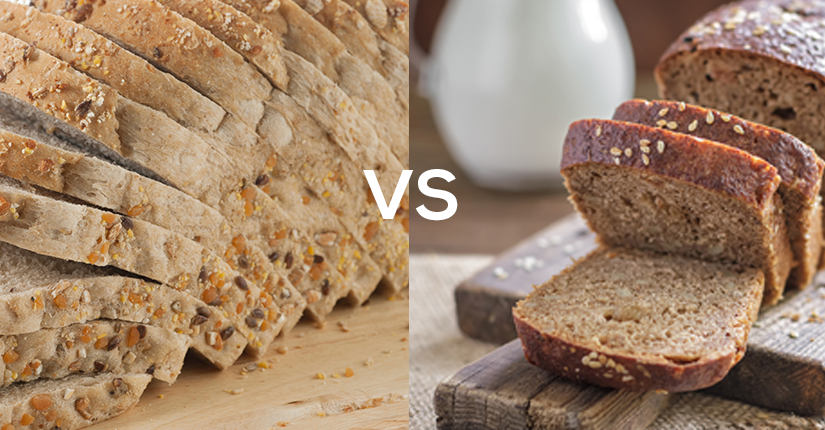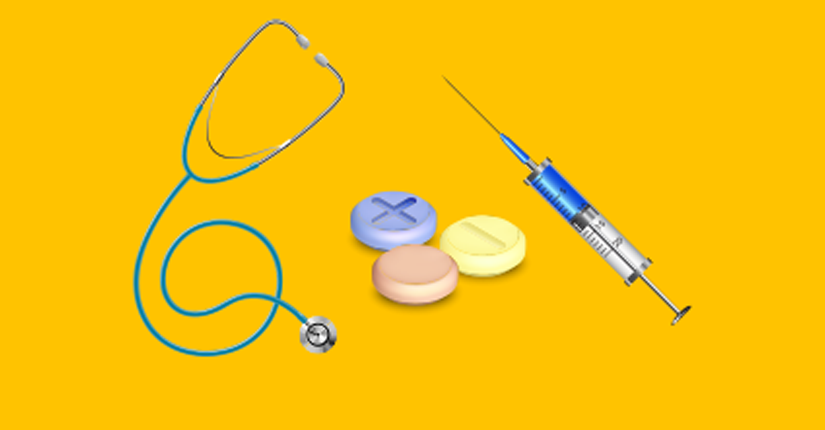Lactose Intolerance: Dairy Alternatives That You Must Try
By Nmami Agarwal 31-Mar 2022 Reading Time: 5 Mins
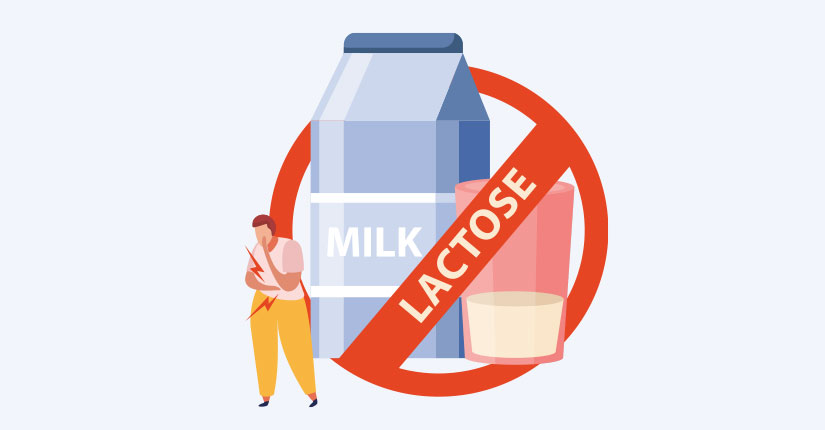
Dairy may or may not suit everyone’s body. There are dairy lovers who just can’t stay without a glass of milk or lassii and then there are people with lactose intolerance, who are just forced by their system to stay without dairy products. Dairy products include milk, paneer, buttermilk, curd, and even icecreams.
Lactose intolerance simply means intolerance against lactose, the natural sugar in milk. Your body might tolerate some of the dairy products in small quantities but not all. The body may be going through a lot more to digest than sugar, as people with lactose intolerance also lack an enzyme called lactase. Its work is to break down the sugar responsible for the digestion of milk, lactose. Symptoms of this disorder include nausea, bloating, gas, nausea, diarrhea, abdominal cramps and you may experience it within 2 hours of consumption of dairy products.
Here Are Some Dairy Alternatives That You Must Try:
- Soy Milk- it is a very popular dairy alternative, completely vegan, and made of soy. It is made by soaking, grinding, boiling, and filtering the mixture of soybeans. It has a great amount of protein. For meeting the calcium requirements, you can even use soy milk fortified with calcium.
- Nut Milk- it is plant-based milk, made from nuts like almond, cashew, hazelnut, walnut, coconut- the common types of nuts used for producing milk. They are high in protein and calcium content. They are a lot creamier in texture and have a very rich taste. They can be used as creamers in cereals, coffee, smoothies, and ice creams.
- Seed Milk- you must have heard and even used some very fancy seeds like sunflower, hemp, flax seeds. Now we can have their milk too, with the same amount of benefits to offer. A very healthy option for your gut, providing you with all the essential nutrients including calcium.
- Oat Milk- this non-dairy milk is made by combining oats and water. Oat milk is creamier in taste and has a lot of fiber. Its one cup meets 35% of your dietary allowance for calcium. It promotes a healthy digestive system and reduces bad cholesterol.
- Other Food Sources- dairy products mainly supply calcium, vitamin D, and protein to the body, and if someone is not able to digest dairy then other sources of the same must be considered. Spinach and salmon are good sources of calcium, vitamin D, and peanuts, almonds, walnuts, eggs are good sources of protein.
The treatment for this disorder includes excluding or minimizing dairy products, or taking a lactase supplement that would help digest the milk sugar. Choosing products with a low amount of lactose such as curd, or cheese can also be considered.
Footnote:
Not being able to have dairy does not mean there is a full stop in your growth and development. Avoidance and supplements are the only ways we can reduce the symptoms of lactose intolerance. Including a good amount of calcium and other nutrients from alternative sources will help you manage your body requirements.


